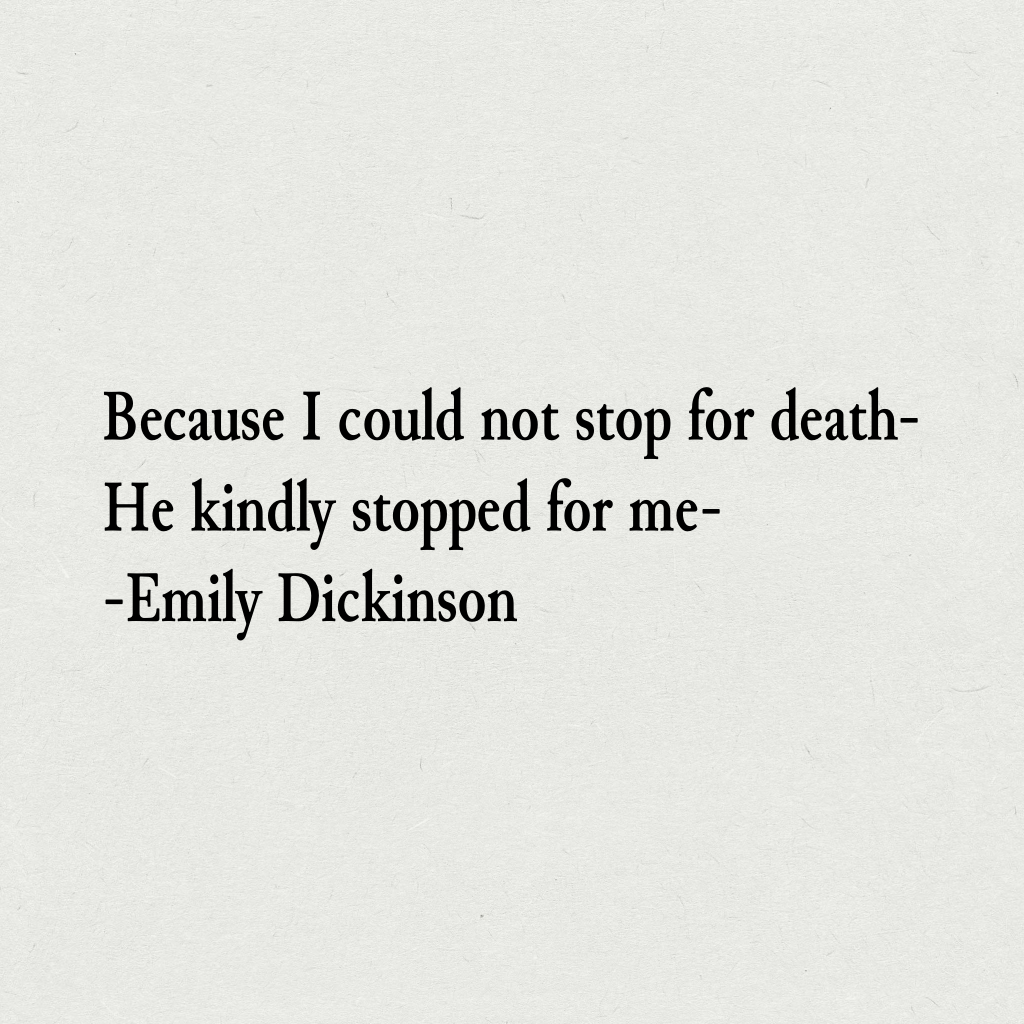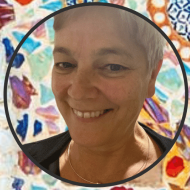Sunday Blog 22 – 30th January 2022

Monday 24th Jan, in this last week of the longest January in human history, my Book Club friend Lencie died of cancer. I tossed up between this quote and “rage, rage against the dying of the light” because Lencie hoped against hope right up until the end that she would get better and go home.
As you may have read in last week’s blog, her oncologist said to her on Tuesday 11th January that her tumour markers were down and she had months left to live. That same evening someone from the Palliative Care Team informed her she would die that night. As she kept going for nearly two weeks, understandably she still had hope that she would get better. Especially when the oxygen pump she was by then hooked up to was increasing her sense of wellbeing, reducing her symptoms. This pump also precluded her from transferring to the hospice because they didn’t have this kind of pump. It wasn’t just static oxygen – it was a pump that was technically considered an intervention rather than a comfort measure. In all conversations back and forth about what treatment she wanted, Lencie’s option to transfer to hospice where the food was much better had been taken off the table.
I have been obsessively reading a new book by two doctors with about 1,000 research papers between them. They are passionate about reducing unnecessary care and the harm that it can cause. Called Hippocrasy – How doctors are betraying their oath, it makes a plea for fundamentally changing how we deliver medical and clinical care. Serendipitously I was up to the chapter on beginning and end of life at the same time as I was popping in and out of Lencie’s hospital room. watching from a carer’s perspective how we medicalise death and what it means at the end.
Doctors and nurses say they give dying patients much more aggressive treatments than they would want for themselves in the same situation. Terminally ill doctors spend less time getting treatments and less time in hospital than the people they once treated.
Hippocrasy, page 162
My own father died in October of 2020, and in this last week I have wondered, sometimes guiltily that I have thought so much more about Lencie’s death than I did about his. My father too felt he might go on a bit longer, but at nearly 95 with congestive heart failure, he probably had a hunch that was optimistic. He was frail as well. His life force had always been so strong, but it was starting to dim. Lencie on the other hand was only 56. She had a vitality and mobility that seemed at odds with her prognosis. Little wonder she was clinging on to some kind of hope.
Hippocrasy also says:
We need to divert the focus from avoiding death to ensuring a ‘good death’. A good death means one that’s accepted and comfortable, with conflicts resolved and according to personal preferences.
Hippocrasy, page 162
I’m really bloody sorry Lencie that your final meal was cornflakes and milk. If only we could have given you the cucumber sandwiches and high tea to go out on. We all got tangled up in the oncology versus palliative, in your false hope rather than reality. But that darn old death stopped for you anyway.
Rest easy Lence.

We cared for our Kate at home with the help of a palliative care team. She had decided to stop treatment because she was spending more days sick than well and being able to function. She wanted to live her last weeks. And she did. Her only intervention was pain medication. We had said everything, almost completed a bucket list and surrounded her with love and those she loved. She went peacefully. Hippocrasy page 162 got it right.
Yep. Vale Kate.xxx
Yes, we can do birth and death so much more compassionately and powerfully in our society…and when we do humanity will find its humanity again.
So much more compassionately and powerfully…
Thank you for this blog. I have always believed that beginnings and endings in this life should be a gentle experience. Welcoming a new life and saying goodbye to a life well lived, both deserve kindness and compassion. It is not a failure to die and yet doctors see it as such. I am sure Lencie is enjoying a high tea with some interesting literary company right now.
Thanks for reading Gayle – I really hope she is xxx